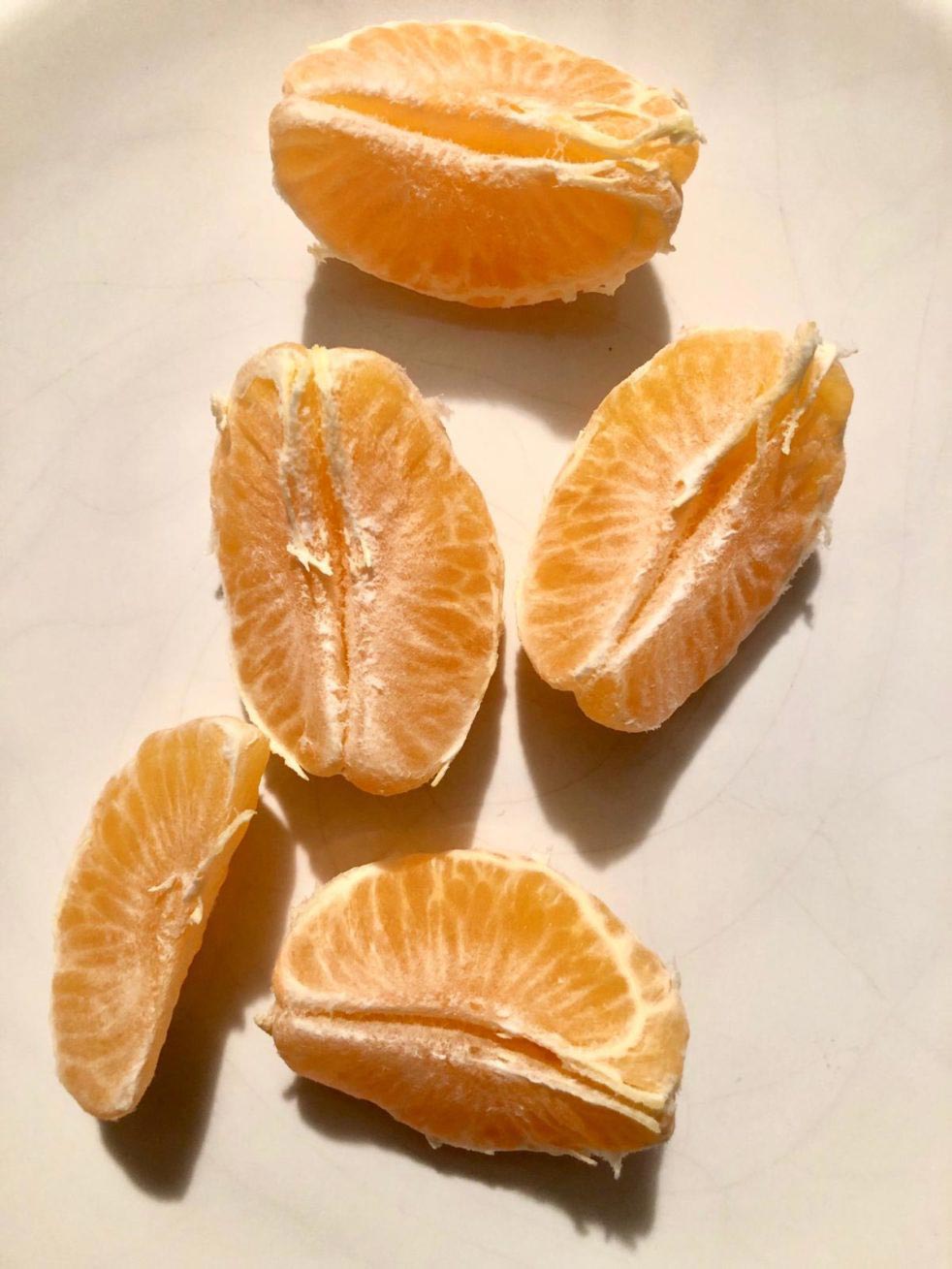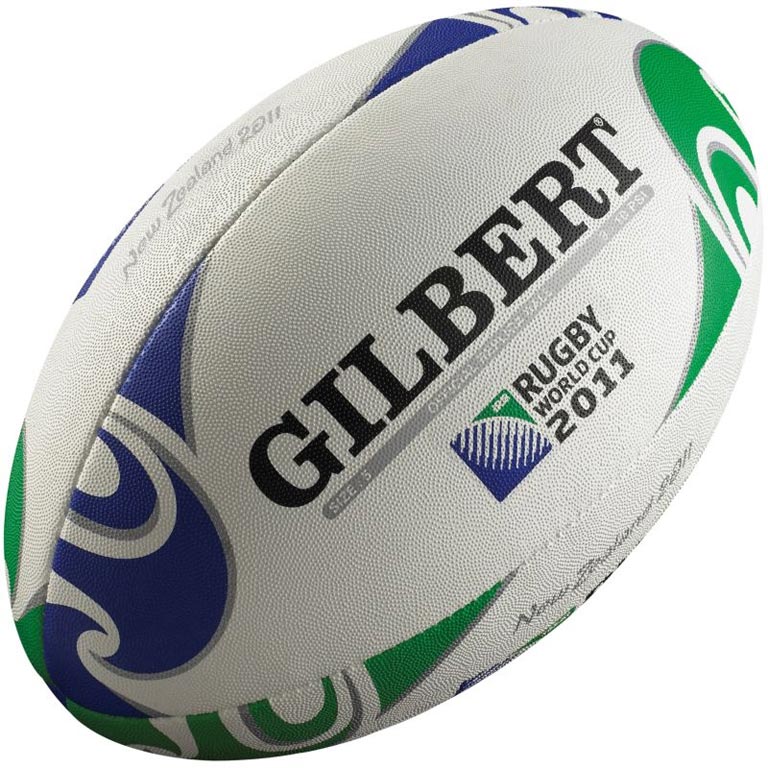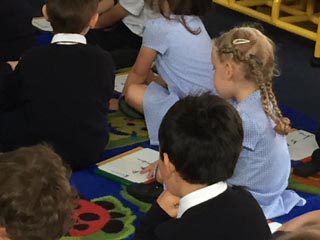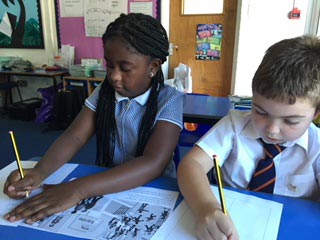Is a ‘blend’ a thing? No, it’s a process – a reprise
We argue very strongly against the use of the word ‘blend’ as a noun. ‘Blend’ is a verb; it’s something we do. In one sense, all words are blends, blends of sounds. To be clear, what people are referring to when they talk about blends is really consonant clusters or adjacent consonants and some teachers… Continue reading Is a ‘blend’ a thing? No, it’s a process – a reprise








